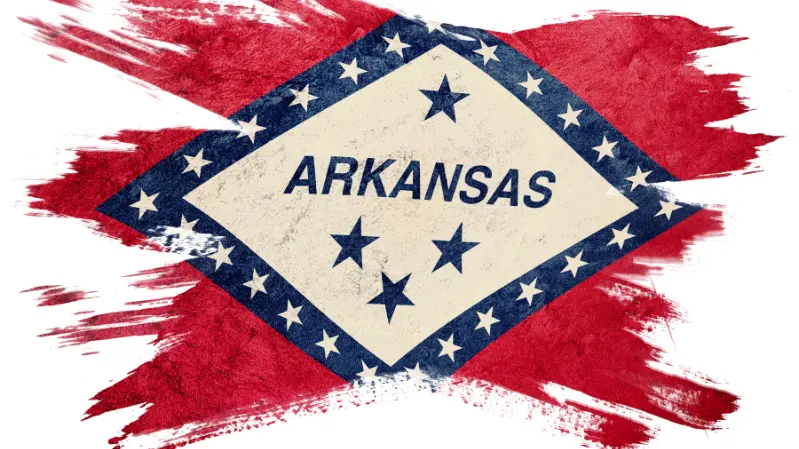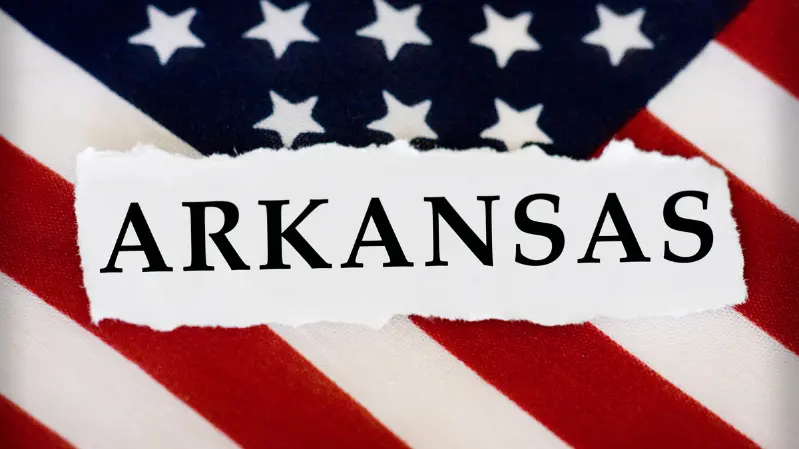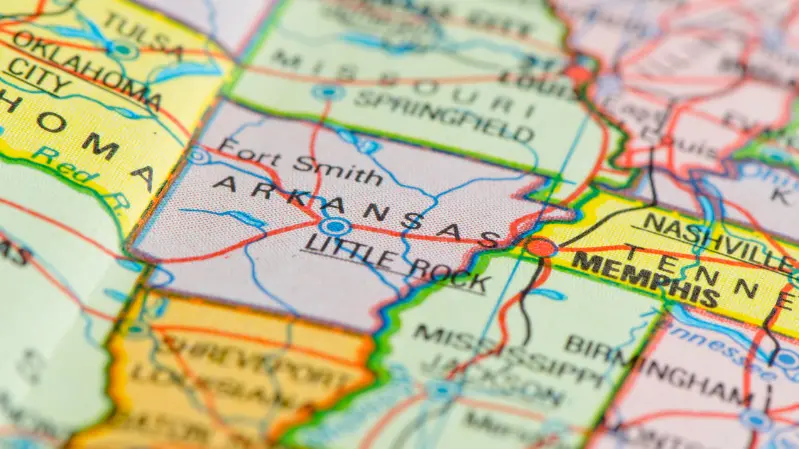Grants for felons in Arkansas help formerly incarcerated residents with basic needs, education, small business startup costs, housing assistance, and workforce training.
Types of Grants for Felons in Arkansas 2025

Financial assistance for released prisoners in Arkansas are provided by government grant and financial assistance programs, nonprofits focused on prisoner reentry, charities, and private companies.
Depending on your income and household size, you could qualify for help to afford basics like buying food and paying your rent and utility bills.
Felons planning to go back to school may be able to get grants to help cover the cost, and there’s also help for felons interested in starting a small business.
How To Get Felony Grants
Government grants for felons aren’t paid to individuals directly. Grant funding is given to the reentry organizations and nonprofits that help felons with housing, jobs, training, and addiction treatment.
Reentry organizations sometimes make discretionary grants available to felons to help with a rental security deposit, or transportation costs. The free 2-1-1 helpline will direct you to local reentry support programs.
Other government assistance programs help pay for basic needs, education, and job readiness skills.
The Salvation Army and Catholic Charities may also provide free grants in Arkansas
in addition to the meals, groceries, clothing, housing, and counseling they offer.
Government Grants For Felons

Felons in Arkansas can qualify for the following government-funded programs.
SNAP (Food Stamps)
The Supplemental Nutrition Assistance Program gives low-income households money to buy groceries each month. SNAP is paid via an electronic benefits card, and the amount you’ll get is based on your income and household size.
In Arkansas, SNAP recipients also qualify for education, apprenticeship, and internship programs.
In addition to SNAP, felons can also get free food from community food pantries.
Temporary Assistance for Needy Families (TANF)
TANF is a monthly cash award given to low-income families with minor children. Income and asset limits apply.
Families receiving TANF also qualify for Transitional Employment Assistance which includes job readiness training, and transportation and childcare assistance so parents can get the skills they need to find good jobs and become self-sufficient.
Rent Assistance For Felons
Related Search: Housing Assistance For Felons in Arkansas
Felons are eligible for rent assistance programs managed by Public Housing Authorities. Your housing authority will run a background check on you, but your felony doesn’t mean automatic disqualification.
Programs like the Housing Choice Voucher program cover a portion of your rent, making sure you spend no more than 30% of your income on housing.
Find your PHA: https://www.hud.gov/program_offices/public_indian_housing/pha/contacts
Utility Bill Grants
For felons needing help paying their energy bills, the Arkansas Low Income Home Energy Assistance Program provides some assistance. Income limits apply. Contact your local Community-Based Organization (CBO) to join the program.
Find your CBO: https://www.adeq.state.ar.us/energy/assistance/caad.aspx
Felons Are Eligible For Pell Grants
Pell Grants help low-income students pay for college or trade school. Eligible students receive up to $7,395 per year during their studies.
The amount you’ll get depends on your household income and your cost of attending school. Everyone who qualifies will receive a grant award.
Felons Can Get FSEOG Grants
The Federal Supplemental Educational Opportunity Grant is for students with extreme financial need. The grant is worth up to $4,000 per year.
Funding for the FSEOG is limited so grants are awarded to eligible students on a first come first served basis.
Other Arkansas Grants For Individuals

The Grant Watch database lists thousands of grants. Many are for businesses and organizations, but some are for individuals who need help covering expenses.
Here are a few of the Arkansas hardship grants for individuals that might interest you.
Modest Needs Grants
Through small grants, Modest Needs supports working individuals and families facing unexpected expenses, such as medical costs, housing and vehicle repairs, or high utility bills. Funds are paid directly to creditors and suppliers.
CORE Grants
Core provides crisis grants to families with a parent working in the food service industry. Financial assistance includes help with rent or mortgage payments, utility bills, medical expenses, and funeral costs.
Food service families going through the loss of a parent, injury of a parent, a significant medical diagnosis, domestic violence, or loss of home (fire, flood, natural disaster) can apply for a grant.
Can felons get this grant? Yes if you’re working in the food service industry and meet the qualifying criteria.
United Way Grocery Worker Appreciation Grants
Felons working at grocery stores can apply for a $250 grocery worker appreciation grant to help cover an emergency.
What qualifies as an emergency? Unexpected expenses you didn’t budget for, like a medical bill or car repair.
Visit the link to learn more: https://www.unitedway.org/grocery-workers-appreciation-fund
Jeannette Rankin National Scholar Grant
This grant is for women aged 35 and older studying for an undergraduate degree, trade certification, or vocational qualification.
Felons are eligible for this grant award of $2,500 (renewable for 5 years).
Small Business Grants For Felons
Your local Small Business Development Center provides advice and support to budding entrepreneurs. SBDC advisors are also the best source for information about state and city small business grants you could qualify for.
Also Read: